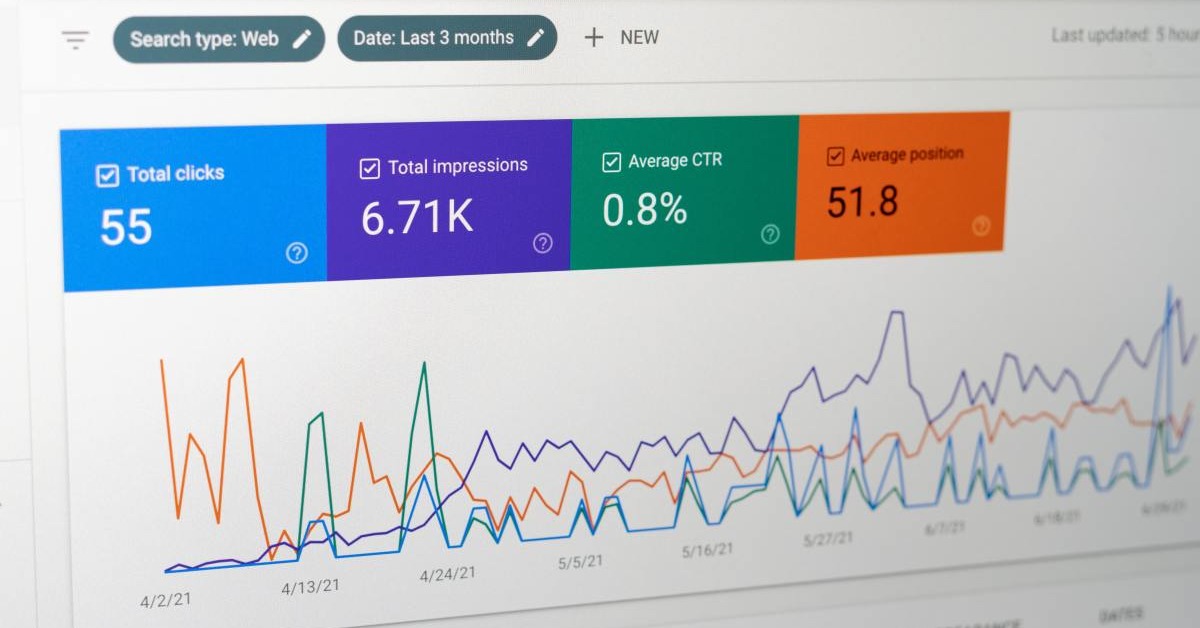
How Much Will You Make With a Master's in Financial Engineering?
Do you see a math puzzle when you look at [...]

This website may earn a commission if you make a purchase after clicking on a product link in this article
American humorist Fran Lebowitz once famously advised: “Stand firm in your refusal to remain conscious during algebra. In real life, I assure you, there is no such thing as algebra.” It was, and remains, a hilarious dismissal of the relevance of mathematics. Unfortunately, it’s also bad advice.
Turns out, there’s plenty of algebra in real life. Also calculus, trigonometry, probabilities, combinatorics, and other mind-searing applications. It’s all over the place, which is why mathematician ranks seventeenth on US News & World Report’s 100 Best Jobs list, and why mathematics majors claim three of the top spots in PayScale’s Majors that Pay You Back list (actuarial mathematics ranks sixth; econometrics ranks eleventh; economics and mathematics ranks seventeenth).
They may not all have “mathematician” written on a business card, but there are a lot of successful people—many making breakthroughs in healthcare, finance, and technology—who use math every day.
This is obviously not a career for everyone. For one thing, you have to be really good at mathematics. For another, you have to like it. But for the right person, a career in mathematics could be a pi-in-the-sky dream come true.
This guide on how to become a mathematician will cover:
| University and Program Name | Learn More |
|
New York University:
Master of Arts in Teaching
|
|
|
Boston College:
Master of Science in Applied Economics
|
|
|
Boston College:
Master of Science in Applied Analytics
|
|
|
Merrimack College:
Master of Science in Data Science
|
|
|
Merrimack College:
Master of Education in Teacher Education
|
Business Insider ranked the five best jobs for “math freaks” (their words) based on compensation and how much the job actually requires math.
As of 2018, there were roughly 3,000 working mathematicians in the U.S. Most were employed by:
The top employers of the roughly 44,400 statisticians employed in the U.S. in 2018 include:
A surprising number of mathematicians work for national security agencies as cryptographers.
While some mathematics occupations may be open to candidates with a bachelor’s degree, most require a master’s degree or doctorate in mathematics or statistics. Statisticians, on the other hand, may be more likely to be able to land entry-level jobs with an undergraduate degree in mathematics, economics, or computer science.
Typical undergraduate mathematics and statistics courses may include:
Given the wide variety of jobs available to those with an interest and background in mathematics, there is no one single license or type of accreditation necessary for all mathematicians or statisticians. Certain math-related jobs may require licensure; requirements vary based on the specific career path. For example:
Statistics employment is expected to grow 31 percent by 2028 (though everybody just has to take the statistician’s word for it) while mathematics is expected to grow 26 percent. Workers with the strongest prospects will be those with:
(Updated on July 1, 2024)
Questions or feedback? Email editor@noodle.com

Do you see a math puzzle when you look at [...]

Money is math and math can be money, but think [...]

Learning statistical analysis, statistical methods, and statistical theory is a [...]

A master's degree in statistics offers graduates a breadth of [...]

Statisticians work across employment sectors that include government, business, healthcare, [...]
Categorized as: Data Science, Math Science Education, Business & Management